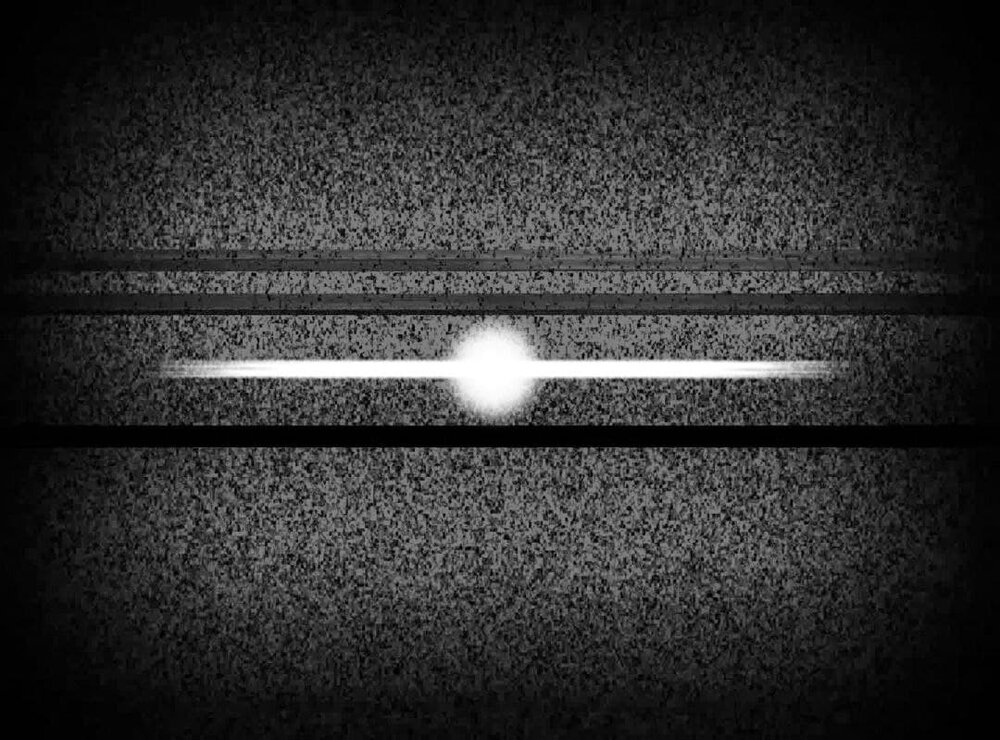Iran pulls the plug on IAEA cameras

TEHRAN – In what appeared to be a bid to accelerate the process of reviving the 2015 nuclear deal, Iran has decided to cut off the UN nuclear watchdog’s access to images and video footages taken by cameras installed inside Iranian nuclear facilities.
CNN broke the news on Sunday, quoting a senior Iranian official, who told the American broadcaster that Iran plans to prevent inspectors from the UN nuclear watchdog reviewing video footage of some nuclear sites until there is an agreement to salvage the nuclear deal, officially known as the Joint Comprehensive Plan of Action (JCPOA).
“If the talks succeed Iran will surely show the tapes to the IAEA,” the official said. “Sharing the tapes depends on the way that the negotiations will proceed. The key to the question is the agreement. If they agree on something that will open the door for cooperation and better understanding including in the area of transparency.”
Iran has no intention of destroying the surveillance footage at the nuclear sites as long as the talks in Vienna are continuing, according to the official who added that Tehran has decided to keep the footage hidden from the IAEA right now because they are allowing the diplomacy to proceed.
The Iranian official pushed back on any idea that preventing IAEA access right now could possibly prevent a deal, citing the fact that the IAEA would eventually be able to see the entire footage once a deal that brings the U.S. back into compliance with the deal is agreed to.
The Iranian move came on the heels of a calibrated decision to announce the expiration of a surveillance deal struck between Iran and the International Atomic Energy Agency in February, which reset cooperation between the two in light of a nuclear law that obligated the Iranian government to restrict cooperation with the IAEA in case there was no agreement on lifting U.S. sanctions.
According to the February deal, Iran agreed that cameras operating at its nuclear sites would continue to store data and Iran will provide the Agency with the stored recordings for an agreed period of time. The deal was first was struck for a three-month period to give nuclear negotiations over reviving the JCPOA more time to conclude. And then it was extended by one month ending on June 24. The time ended while the nuclear talks lingered. This prompted Iran to unilaterally announced the expiration of the deal at the same time as the end of the sixth round of the Vienna nuclear talks.
The sixth round was concluded nearly four days before the expiration of the Iran-IAEA deal with little progress. Following this round, the U.S. and its European allies ramped up diplomatic, and in some cases military, pressures on Iran in an apparent effort to get Iran to make more concessions in the next round, which is reportedly expected to begin in the coming days.
U.S. officials said they will not lift all the sanctions imposed by the Trump administration and won’t give any guarantee that the next U.S. administration wouldn’t withdraw from the deal again, two Iranian demands that were brought up during the past rounds of talks. They even threatened to walk out of the talks if Iran continued to insist on its demands.
“We wouldn't be going back to Vienna if we thought that it's not possible to reach a deal. I don't think that this window is going to be open forever. At some point, we'll have to conclude that this is not succeeding. But we're not there yet,” U.S. envoy to Vienna talks Rob Malley told NPR.
In parallel with the diplomatically tough rhetoric, the U.S. targeted several groups in Iraq and Syria for allegedly being backed by Iran. The U.S. Department of Defense justified the airstrikes by saying that the groups targeted were “Iran-backed militia groups,” which “are engaged in unmanned aerial vehicle (UAV) attacks against U.S. personnel and facilities in Iraq.”
The U.S. concerted measures against Iran failed to intimidate Tehran into making concessions in the nuclear talks underway in Vienna. Instead, Iran, showing a great deal of confidence, responded by keeping the IAEA from reviewing video footage of its nuclear sites. This move happened despite the fact that the U.S. and its allies have been pressuring Iran to resume full cooperation with the IAEA.
This pressure is likely to continue in the coming visit by Massimo Aparo, Deputy Director General and Head of the Department of Safeguards, to Iran. The visit is in line with cooperation in the context of the IAEA Comprehensive Safeguards Agreement (CSA), according to Kazem Gharibabadi, Iran’s ambassador to the IAEA.
“@iaeaorg DDG Aparo will go to Iran next week. He's also a designated inspector. The purpose of the visit is in line with routine safeguards activities in the context of the CSA. Although we are in continuous contact, but there are no pre-planned talks in Tehran during the visit,” he said on Twitter.
Aparo’s visit is unlikely to change Iran’s mind as the decision on data recordings was necessitated by the parliamentary legislation and most probably the only way to annul it is to strike an agreement with Iran in Vienna that would remove sanctions. Iranian Majlis Speaker Mohammad Baqer Qalibaf asserted that Iran’s three-month deal with the UN nuclear watchdog has expired and thus Iran won’t give its data recordings to the UN body. The remarks came a few days after the expiration of the February deal.
“After the three-month opportunity, which came to an end, nothing has been extended and after that none of the items recorded inside will ever be given to the Agency and are in the possession of the Islamic Republic of Iran,” Qalibaf said in response to a query from one lawmaker on the Iran-IAEA deal.
Leave a Comment